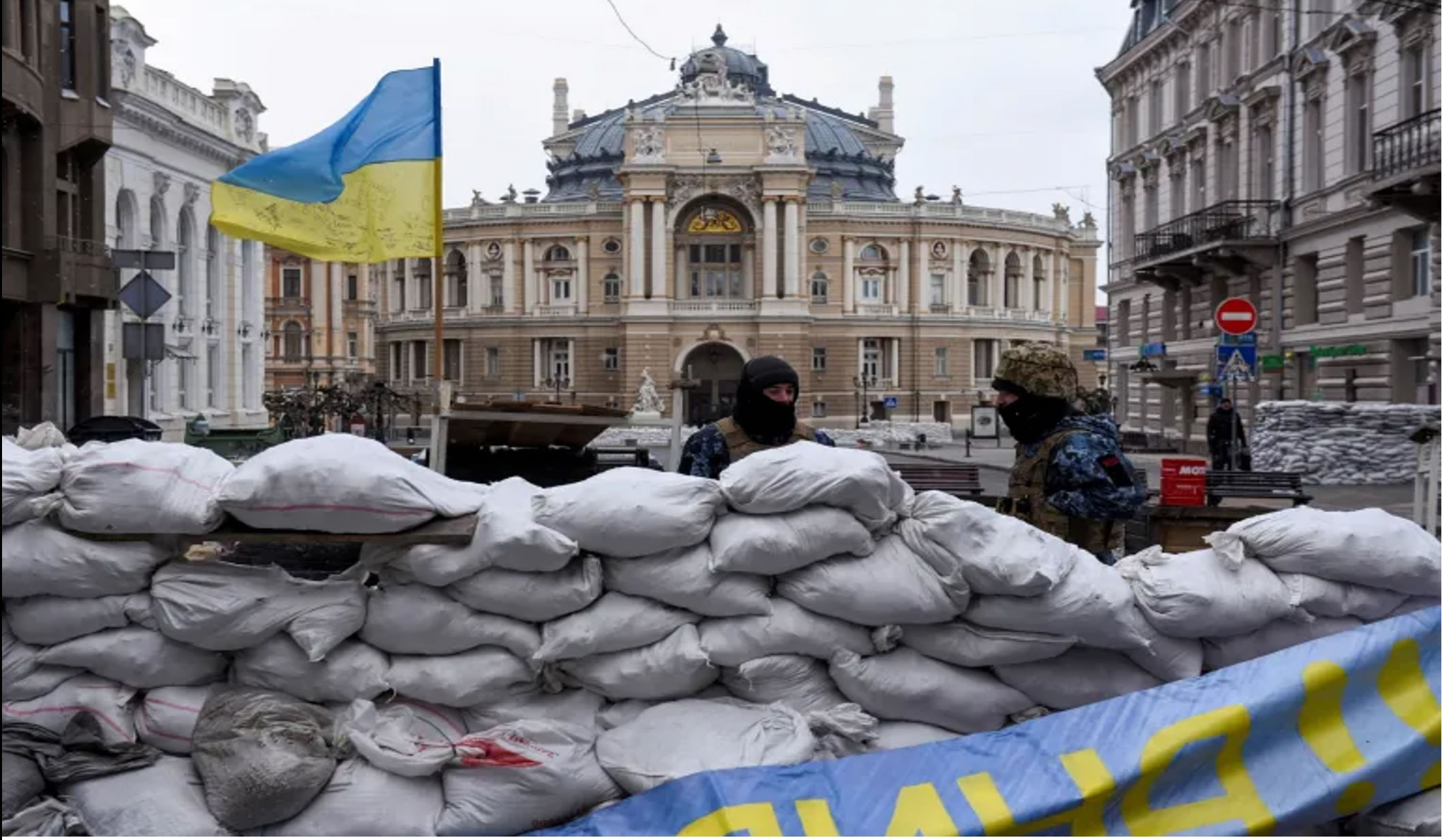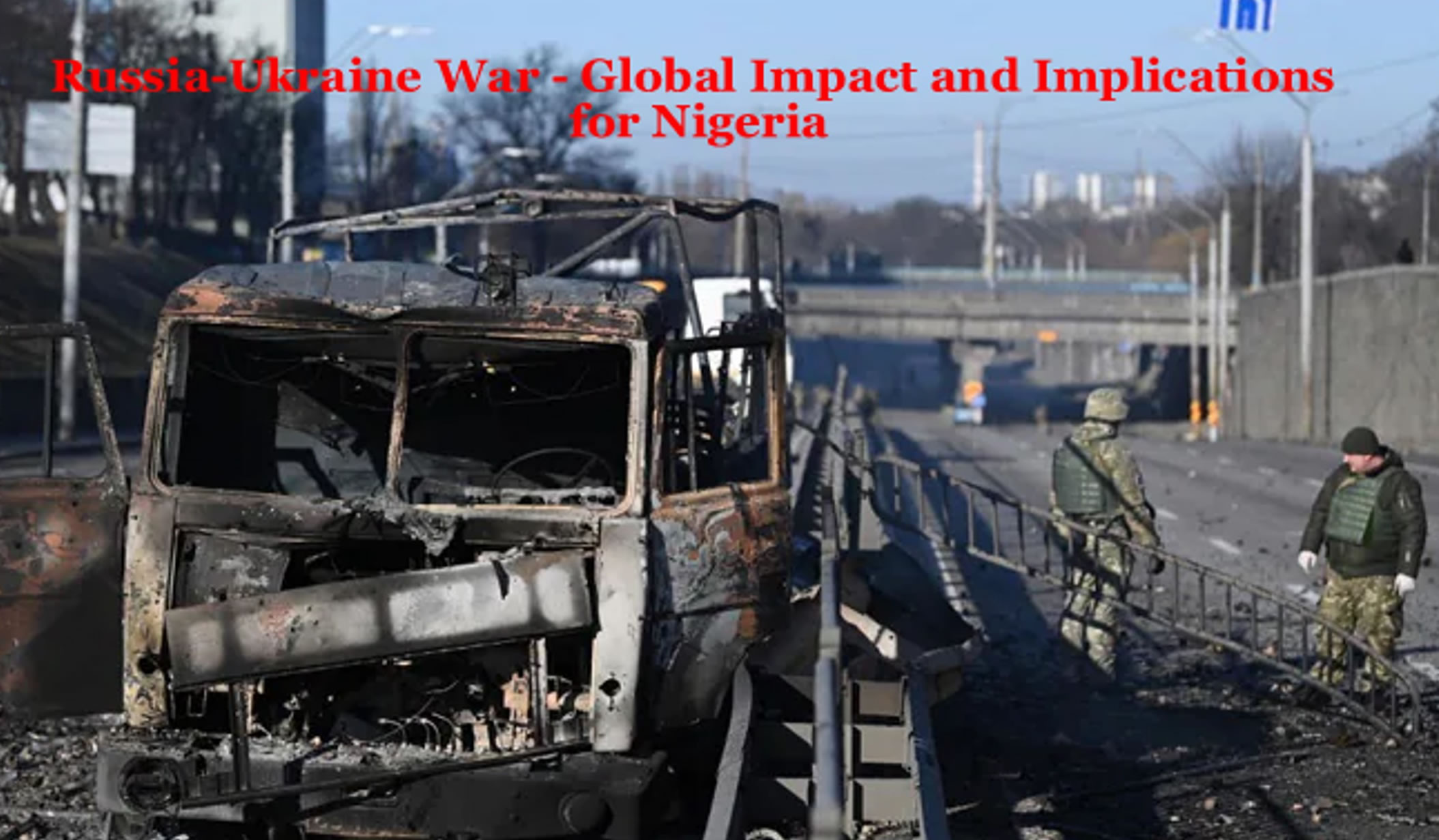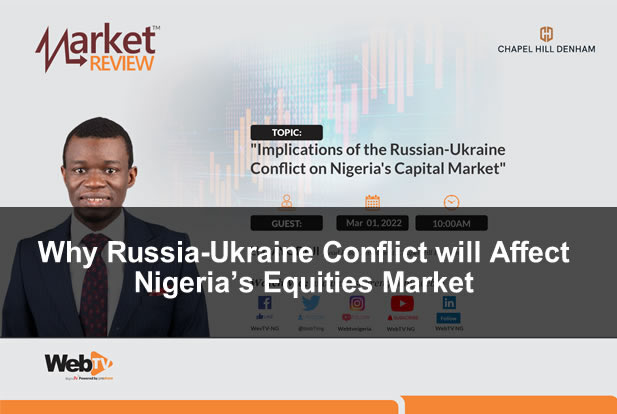Tuesday, March 15, 2022 / 11:16 AM / by United Capital Research / Header Image Credit: Al Jazeera
Following the Russian-Ukraine crisis, market players and investors have begun to ponder the interest rate decisions of major central bank. In 2022, our expectations were for aggressive monetary tightening following accommodative stances adopted by major central banks in 2020 and 2021. This week, the US Fed and the Bank of England (BoE) meet for their March meetings to set the tone for monetary policy moving forward.
The Russian-Ukraine crisis has now put monetary authorities on increased alert. The recent sanctions on Russia will lead to spikes in fuel, transport, commodities prices, spooking further inflationary pressures which will curb average global household purchasing power, increasing the chances of a recession. To calibrate appropriate responses, monetary authorities will need to carefully monitor the pass-through of rising international prices to domestic inflation. It would be interesting to see the Fed's and the BoE's decision considering they were already treading a tightrope by trying to curb inflation while not affecting the fragile economic recovery following the pandemic. Overall, while there is a consensus that although the recent cycle would not alter a Fed rate hike in 2022, the crisis and the potential effect on household income would change the aggressiveness of the Fed's hawkish actions.
As we advance, we expect major central banks in developed countries to tighten following largely accommodative monetary policies in 2020 and 2021. We expect the Bank of England to hike rates further in March, following two previous rate hikes in Dec-2021 and Feb-2022. The most recent inflationary estimates for February, coupled with increased energy prices, also support increased monetary tightening for the US Fed. However, rising energy prices could curtail the aggressiveness of monetary policy tightening. The conflict has already caused tremors in financial markets for emerging and frontier markets, prompting a sell-off in stocks and bonds in the main global markets. High investor risk aversion could lead to capital outflows from developing economies, triggering currency depreciation, falling stock prices, and higher risk premiums in bond markets. That would create acute stress for the dozens of developing economies with high debt risk levels.
 Lagos, NG • GMT +1
Lagos, NG • GMT +1











 127 views
127 views











 Sponsored Ad
Sponsored Ad
 Advertise with Us
Advertise with Us









